At the end of a long, stopover flight from Dubai to Nairobi to Harare, I arrived at Robert Gabriel Mugabe International Airport with a small group of people representing the UAE tourism industry (in better times) for a conference aimed at connecting the traveller to Zimbabwe. I of course, represented the media – a blogger whose profile the Zimbabwe Tourism Authority (ZTA) found interesting. They hadn’t wasted much time in rolling out the red carpet of welcome for me and I, on my part had assured them I’d help project Zimbabwe as a World of Wonders.
Which was just as well – because of what was to come.
Zimbabwe is visa on arrival for Indian passport holders which was a bonus point. ZTA assured that everything would go without a hitch, because I was, after all, an invited guest.
Then things went south…
My group proceeded to the immigration counter cheerfully, trying to understand why the airport Harare gave off the feeling of being in a mall food court. There were posters of Nissan cars everywhere and the immigration counters were cubicles wrapped with posters of KFC posing a question – what will you have today?
I had an answer to that in my mind as I awaited my turn.
I tried to sneak a picture of it all, but was held back by warning stares.
Standing in the immigration queue waving the filled-out arrival form, I half hoped that my declaration of being a “writer/blogger” would gain me extra attention. I smiled at the thought.
It was my turn.
“Good afternoon, Miss. How are you today,” the woman said with a smile.
I like the Zimbabwean courtesy. But my mind was hung on the poster of KFC – so I joked.
“A bucket, please.”
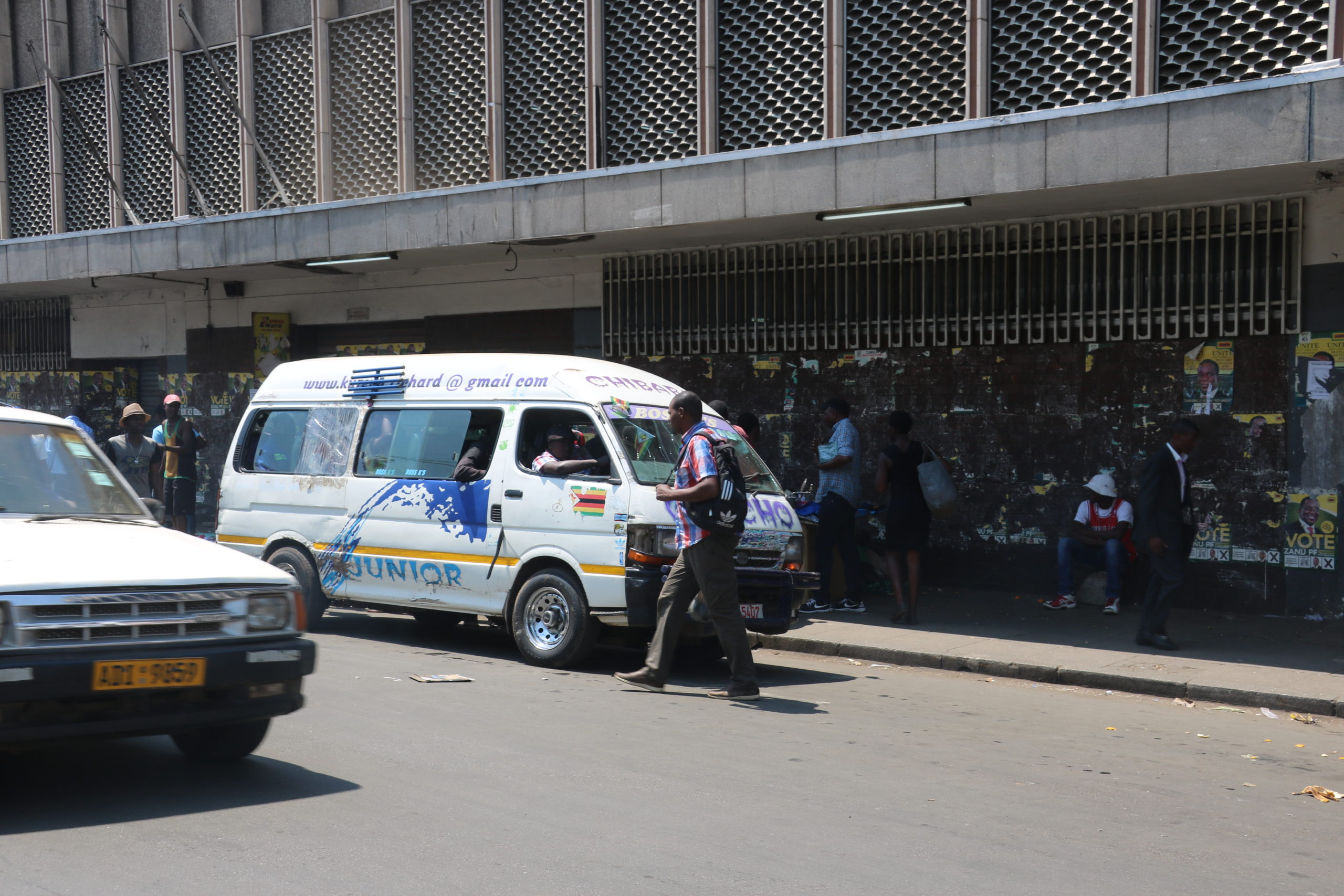
Her smile vanished. She looked confused – as if trying to figure out if I was headed for the asylum.
Through the pigeon-hole of the counter, I pushed my arrival form, passport and a hundred-dollar bill (for the visa) and said brightly, as if to make up for my stupidity – “Good afternoon to you too.”
Her eyes were fixed on the arrival form and there was, on her face, some unwritten emotion.
She looked at me again and said –
“Who are you? what do you do.”
“I am a writer,” I beamed. “You know, I travel and I write.”
“Why are you here today?”
“Oh, for a conference in Bulawayo on the invitation of ZTA. After that I intend to travel around for two weeks.”
“So, you are a journalist?” She opened and closed my passport several times, suspiciously peering at the number of visa stamps on it.
“No. Just a writer. Blogger. I write about places. Nice things mostly. Not like journalists hahaha…”
“But I don’t see an approval from the Ministry of Information here. You know they must approve your visit. Do you have an accreditation? You must have one. I cannot let you go.”
That isn’t what I expected to hear. I had to call Ruth, our local contact who was surely waiting outside with my accreditation card, as promised. I gave the immigration officer Ruth’s number and asked her to call. She obliged, more out of curiosity than help.
When she hung up, I was in for another disappointment. Ruth admitted that there had been a mess up and she was sorry about it – but she could, as a representative of ZTA request for a two-day visa – for the duration of the conference only – and leave the rest to chance.
“Perhaps I can change the form?”
“It’s too late for that now. Next time, put the right profession.”
She was definitely trying to tell me something.
Twenty minutes, I had a two-days visa and a warning to leave the country before its expiry.
I was just happy to step on Zimbabwean soil – even if for two days.
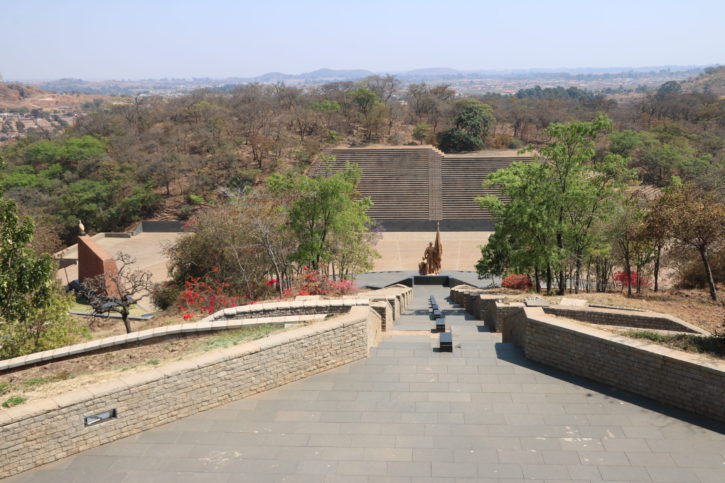
Ruth was every bit apologetic but confident that I would have proper documents that would allow me to stay in the country soon.
“We will apply for it in Bulawayo.”
“Sure. But what is the worst that can happen?” I asked out of curiosity. “Will they deport me? Throw me in jail? Either way, I’ll have a story to tell.”
Ruth plunged into depression. Perhaps she didn’t understand my little joke.
I just needed to learn to shut up, I do. A familiar anxiety gripped me. Zimbabwe didn’t like journalists or writers, same as DPRK. I was in for a rough ride.
As I boarded the flight to Bulawayo, I wondered if both the countries meted out similar fate to erring arrivals.
I’ll tell you why I bring up DPRK (North Korea) and Zimbabwe in the same breath.
A connection with North Korea
As promised, my visa was sorted and about a week after the conference, we were back in Harare. A visit to the National Hero’s Acre, the capital’s famous burial ground shocked me. It was then things started to make sense – like their reason to dislike journalists. So, when I noticed the reliefs at the site which was the replica of what I’d seen in DPRK, I thought it best to shut up. There was no sense in talking about my infamous trip to North Korea but I couldn’t help but dig further. There was a connection and a very obvious one – and no one was willing to talk about it.
A little history
Zimbabwe (once upon a time called the Pariah state) had faced several internationals sanctions and it was during this isolation that it found an unusual friend – North Korea. In fact, the relationship between the two date back to the Cold War when Pyongyang backed several liberation movements in Africa. remains a sensitive topic in Zimbabwe even today.
Contraband commodities moved between Zimbabwe and North Korea as part of their bilateral business connections. In the 70’s, North Korea trained an armed faction of Zimbabwe ruling party to oust British rule. In the 80’s, Robert Mugabe enlisted training from North Korea (for his force known as Fifth Brigade), which is considered responsible for a 1983 massacre in Matabeleland, a western region of Zimbabwe, in which up to 20,000 people were killed and pushed down mine shafts. That massacre continues to be a subject to be discussed in hushed tones – if discussed at all.
The result of that relationship is the construction of National Heroes Acre by a North Korean company.
You can see why I was shocked. But my trip was successful, despite the notorious connection.
Till date, I continue to laud the beauty of Zimbabwe and speak highly of everything it offers. Ruth is still my dear friend. Zimbabwean sorghum beer (Chibuku) is still my favourite and a stone sculpture from Chapungu continues to remind me of the Zimbabwean possibilities.
The next time I go to Zim, I know exactly what to put on my arrival form.
Architect. No one ever questioned an architect.
Harare highlights
- Mukuvisi Woodlands: Get a taste of the African wild just 5km from the city
- Chapungu Sculpture Park: Created in 1970 as a venue to showcase local stone sculpture and Shona art.
- Museum of Human Science: The museum houses the oldest wooden object found in sub-Saharan Africa, the ngoma lungundu.
- National Gallery of Zimbabwe: Dedicated to the presentation and conservation of Zimbabwe’s contemporary art and visual heritage
- Heroes Acre: Burial ground and National Monument
Avondale Flea marketBehind Avondale Shopping Mall, there is a huge area that for long has served as the flea market selling handmade goods as well as mass-produced clothes, jewellery, second-hand books and toys of varying quality. It’s well worth a scrounge – but don’t accept the first price that the sellers offer. |
Must know
Zimbabwe is notorious for banning journalists and media from the country. If you want to enter the country as a journalist or in any capacity you must have permission from the Ministry of information – and I have been assured that it is not easy to get one.
If, however you do gain entry, restrict your curiosity. Do not touch upon sensitive subjects like genocide, corruption, politics and civil unrest.
Safety
- Be vigilant in big cities and use common sense when it comes to carrying large amounts of money. ATMs are rare.
- Since Robert Mugabe was ousted from power (2017), things are improving although there is still a risk of political demonstrations from opposition activists.
- There are police road stops, so make sure you have your passport, or copy of it with you at all times and avoid any confrontation or extortion.
- Driving at night is not recommended as there can be wildlife on the roads, and in fact, the roads are still so bad in Zimbabwe they can be dangers in themselves.
Visa rules
- Zimbabwe has a visa on arrival policy for most passport holders.
- Dollar is the default currency
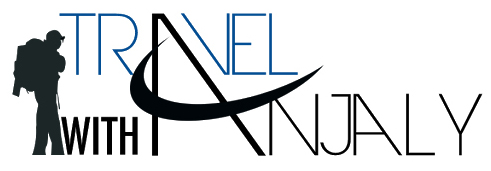
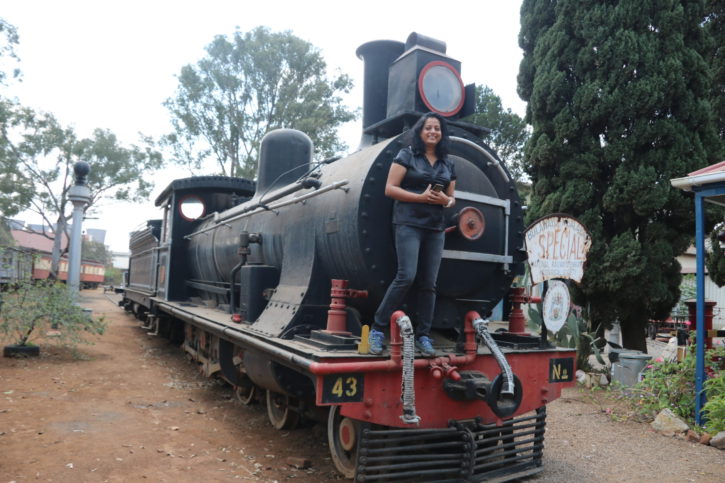
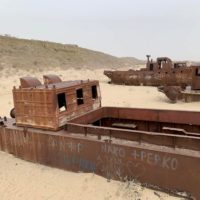
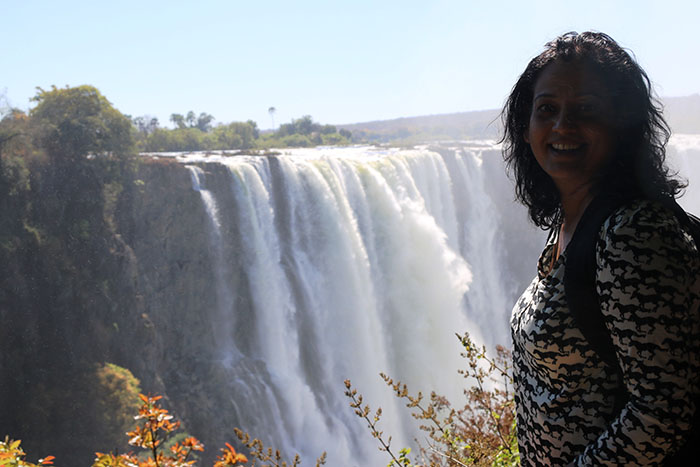
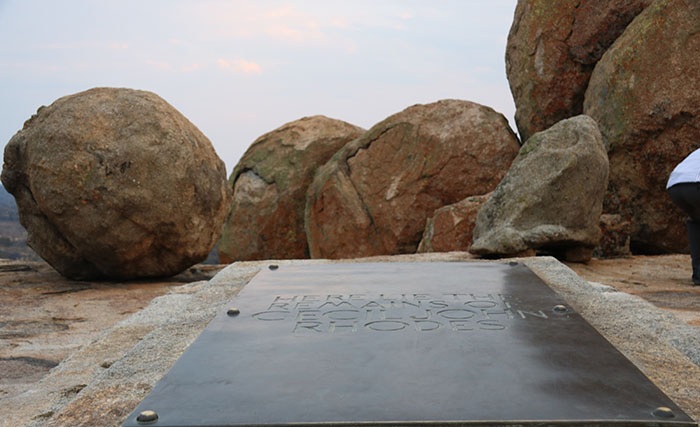
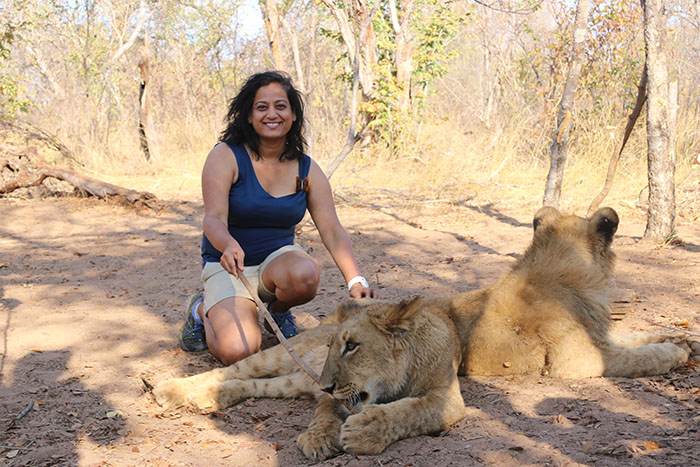
Hello, I have read so many articles on this website and they have been very great Blog posts.
Really informative. Keep up the good work. formative and very well put together.
I really enjoyed reading this article! Your blog is design very good. Pictures are looking great.
https://karizmatravel.com/